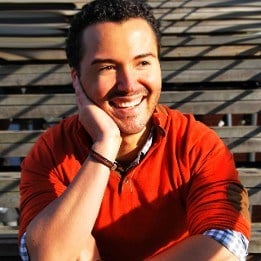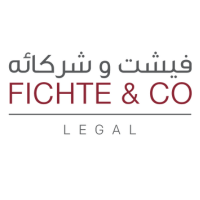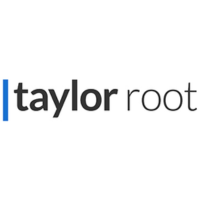

General counsel - legal, regulatory and compliance | Huda Beauty





Liam Collens
General counsel - legal, regulatory and compliance | Huda Beauty
Team size: six
Major Legal Advisors: Bird and Bird, Rouse, Katten Muchin Rosenman, Arnold & Porter, Gibson Dunn
Could you share an example of a time when you came up with an innovation that improved how your legal team works and did not come at a large expense?
We harness the available resources within the company first, especially technological solutions; we add modules to MS Teams to conduct and audit our global contract approvals; provide global legal training (our Huda Beauty Legal Academy) twice a year with recorded sessions available on Teams with Q&A on Microsoft Forms; Huda Beauty invested in LinkedIn Learnings and we are assessing how to expand our successful Legal Academy programme to include modules and sessions already available on LinkedIn Learning.
This is all at zero incremental cost to the organisation as these platforms are already sunk costs.
How do you balance your responsibilities as a GC with your involvement in dispute resolution and M&A matters?
Prioritisation – including joint prioritisation with the business – is essential. This involves considering what is in business’ best interests over the short and long term by staying clear on the overall goals and overall direction for the company. Process and planning ease the rest as there will always be urgent topics, however, these issues can be minimised through 80/20 work effort; automation; and consolidation. It is also important to communicate workflow delegation where appropriate; keep meetings efficient with only a few decision makers; and hold monthly or bi-monthly ‘legal surgeries’ with certain business functions to identify quick wins early on in a project – it avoids unnecessary remediation down the line and helps legal foresee future issues or workstreams and then plan against them.
Can you foresee any key developments to the way general counsel work over the next five years?
Aside from changes in ways of working, the main development going forward is going to be in the ESG space where courts, governments, individuals, and NGOs will have greater opportunities to hold companies and their directors accountable for their overall environmental impact and social responsibility. Lawyers needed to become data management and migration experts over the last five years. The next five years will be about holistically understanding and anticipating your organisation’s environmental and social impact. We will need horizon scanning for new regulations and develop an intuitive sense for where the puck will move to next.
This will involve constantly asking what our investors, regulators and consumers expect from us. Lawyers are valuable in playing a role as a company’s moral compass and shepherd decision-making through both ethical and legal considerations where, often, it not just about what we are supposed to do, but also, what should we do.
What emerging technologies do you see as having the most significant impact on the legal profession in the near future, and how do you stay updated on these developments?
Both as a legal ops resource and as a legal and business threat, ChatGPT and similar should have a significant impact on the legal profession. Departments need to anticipate and sensibly embrace that change, but also acknowledge that we are not replaceable (yet).
We should take advantage of the benefits like the efficient generation of materials that do not require lawyers. It enables us to reallocate reclaimed time towards those tasks where real interaction provides added value (for example, in-person training). In the medium term, we should revisit whether certain roles require lawyers in our teams, or instead, if we need in-house legal tech developers or managers.
General counsel | Huda Beauty